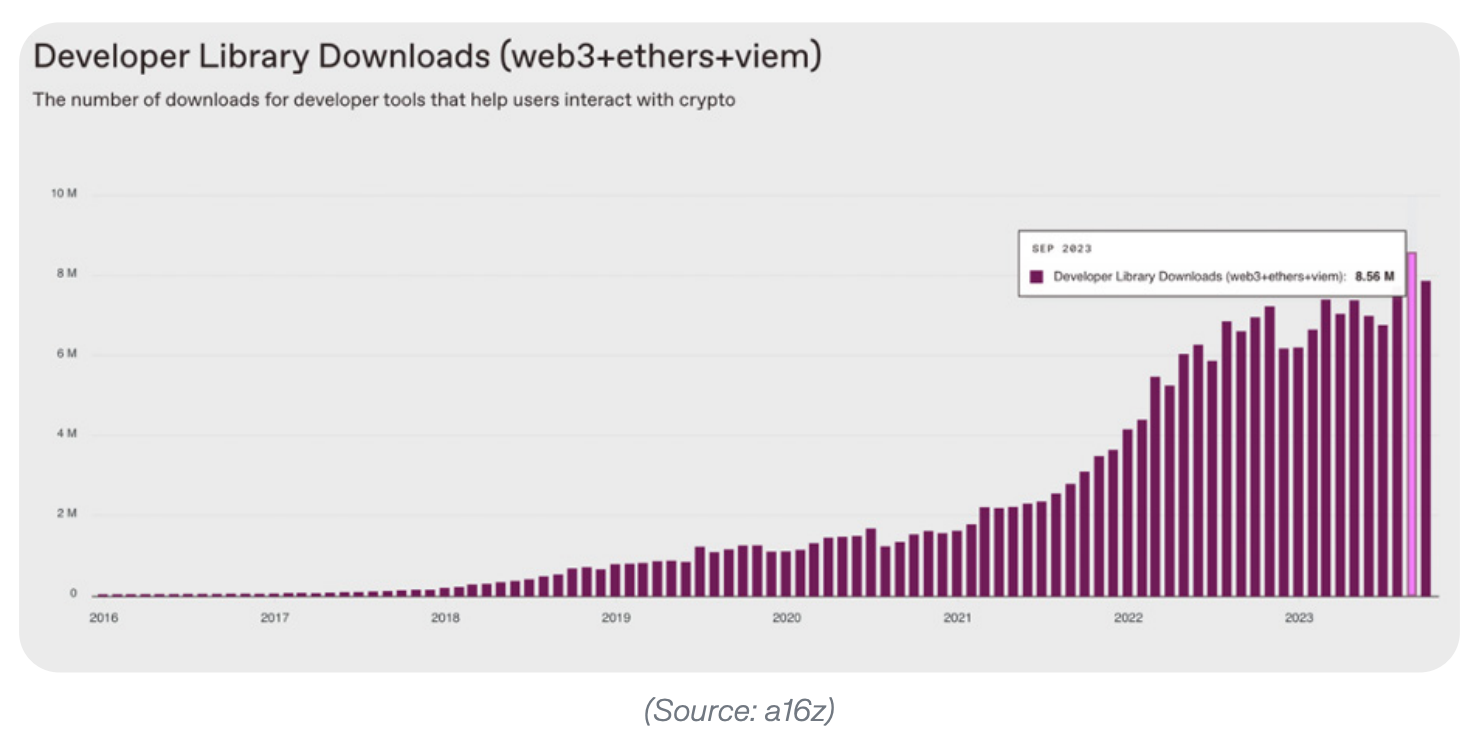Auto Retro Funding: Continuous, Simple, Automatic
Open-source projects power innovation across industries, yet they often face a significant challenge: securing sustainable funding. Retroactive funding offers a promising solution by rewarding impactful contributions based on past results, but today’s retro funding rounds are complex, time-consuming, and infrequent, making them unreliable sources of support for public goods.
This inspired us to build AutoRF during ETHGlobal San Francisco 2024. AutoRF makes retroactive funding continuous, simple, and scalable by removing the barriers that hold current models back.



